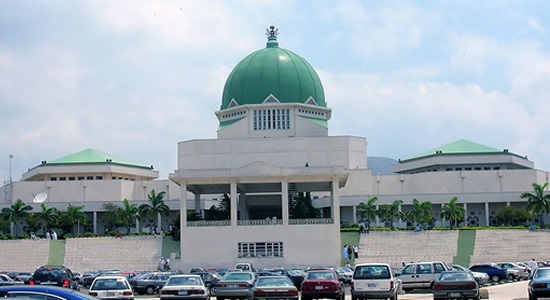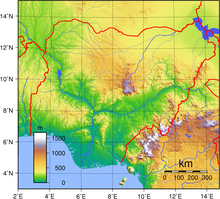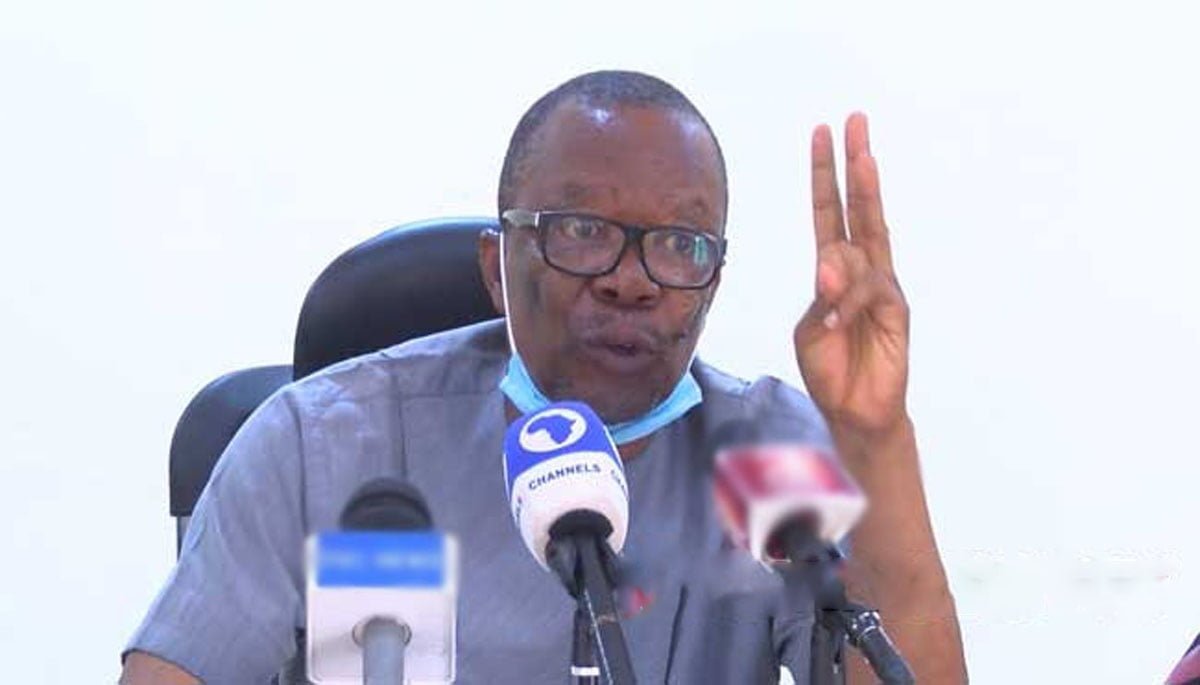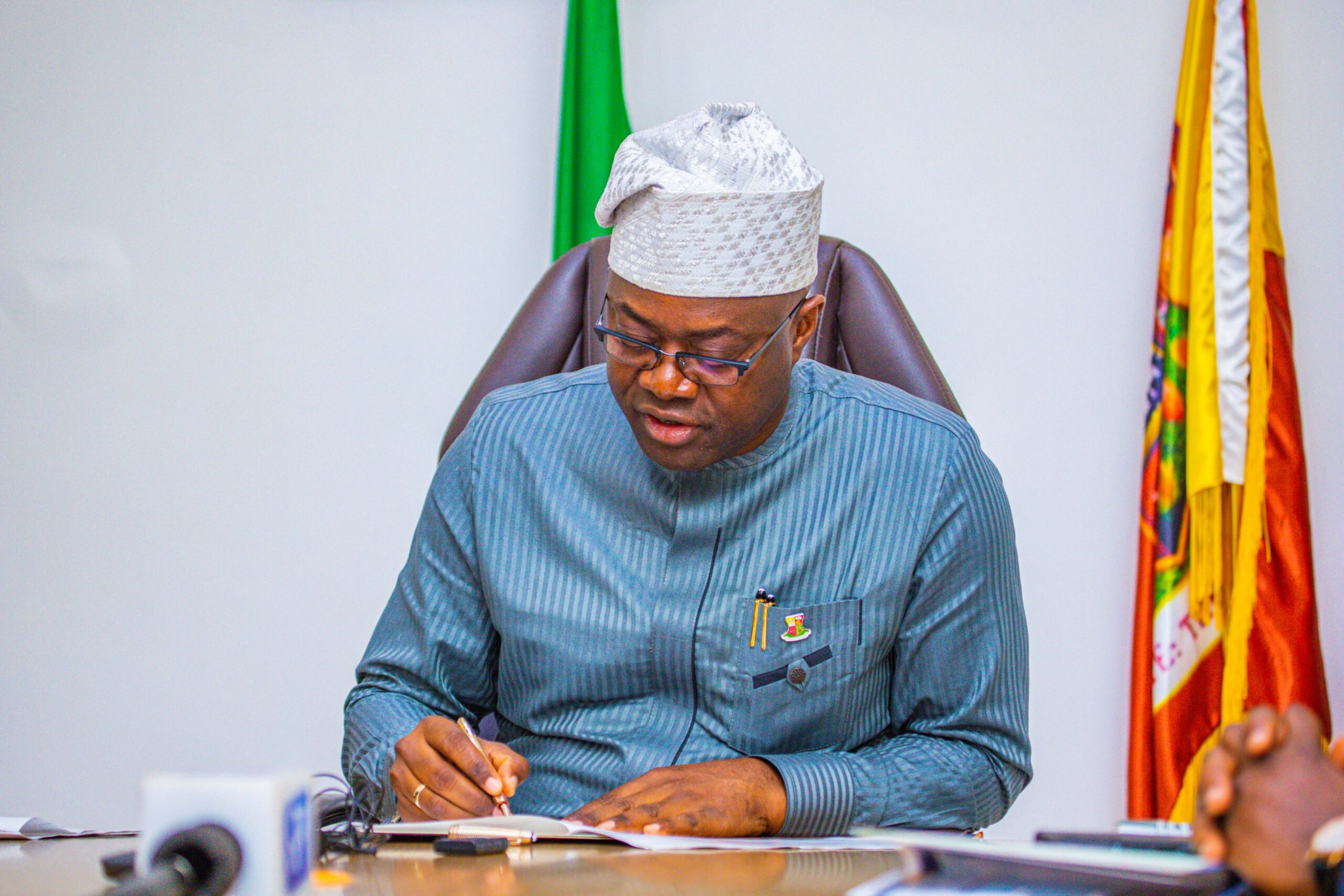Members of the Nigerian National Assembly will soon decide the next line of action on President Muhammadu Buhari’s rejection of the proposed amendments to the country’s Electoral Act. Both the Senate and the House of Representatives will agree to either override the Presidential Veto Power or let the act remain as it is.
One of the disputed Sections of the amendment act was Section 25, which provides the election sequence or order of election different from the one approved by the Independent National Electoral Commission, INEC.
The amendment act provides that election into the National Assembly will come first, followed by the State Governors and Houses of Assembly and the Presidential election to come last.
Reacting to the President’s letter conveying his decision not to assent to the amendment, the Chairman House Committee on Justice, Mr. AbdulRazak Atunwa said the President has every right to withhold assent to any bill, but the lawmakers have the right as well to override the President’s decision.
“I listened to the letter read that the President has declined to assent to the Electoral Amendment Bill 2018; it is within the President’s power not to assent to or reject bill passed by National Assembly.
While he has that power, the National Assembly also has a power to override such rejection by the President,” Mr. Atunwa stressed.
The lawmaker said their decision on the matter will be in the best interest of the Nation having the representatives of the over 180 million Nigerians.
However, for the overridden decision to hold sway, the two thirds majority of the members of each chamber must be met, which according to Mr. Atunwa, will demand legal advice to arrive at.
He said “Beyond the legalistic view, what is the political will to do one thing or the other? For me that’s the most important thing whether the two-third of the entire house or two-third of those sitting is secondary.
“The primary thing is what do we as a house? And you know that this house largely moves together once we decide on the course of action. So, the issue of two-thirds, even if it is a higher number, two-thirds of the entire house is not a difficult number to arrive at.
Because we would have sat down as a team as one group united for the common purpose of bringing legislation for the good governance of Nigeria. We would have decided that in principle, once we decided that in Principle, two-thirds majority of the entire house is not a difficult thing.”
Mr. Atunwa who is also a Constitutional Lawyer said if the National Assembly decided to override the President’s Veto Power, the executive can challenge the decision in court which will be the final arbiter especially the Supreme Court.
“The executive, if we go that way, also has power to go to court, and the court will be the final arbiter particularly the Supreme Court because it is a constitutional matter,” Mr. Atunwa added.
In the letter separately addressed to the Senate President and the Speaker House of Representatives, the President stated among other reasons that the amendments infringe on the rights of INEC.





















